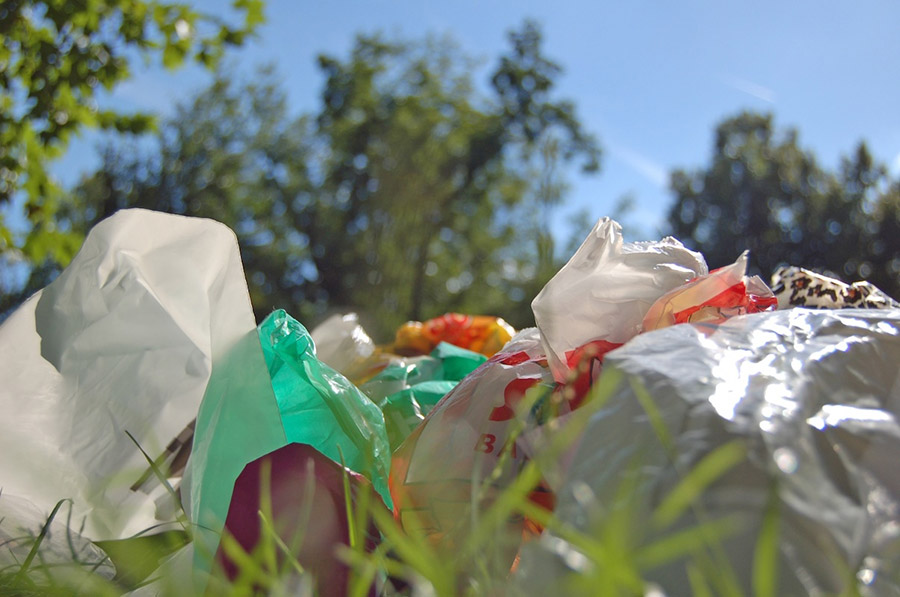Uzbekistan is set to ban the production, import, and use of plastic bags by 2027. This announcement comes as part of the draft state program for the Year of Environmental Protection and Green Economy, which is currently open for public discussion.

The ban on plastic bags will be accompanied by a comprehensive National Plastic Pollution Reduction Program, which will cover the years 2025-2027. Among the key measures outlined in the draft program are the encouragement of biodegradable bags and the reduction of harmful chemicals in plastic products. Additionally, the program includes establishing new rates for the use of recycled plastic in packaging, with a focus on advancing a circular economy and minimizing plastic waste.
In 2025, a bill will be introduced that mandates the recycling of plastic packaging. Manufacturers and importers of plastic products will be required to organize a system for the collection and recycling of plastic containers through the installation of special receptacles, known as “fantomatas,” in retail outlets, supermarkets, hypermarkets, and markets. The government plans to gradually increase the recycling rates for plastic packaging, starting with 50% by 2026, 75% by 2027, and 100% by 2028 for manufacturers of bottled drinks.
This initiative is expected to boost recycling efforts, reduce the volume of plastic waste sent to landfills, and extend the lifespan of waste disposal sites. By developing infrastructure for the collection and disposal of plastic waste, Uzbekistan aims to encourage responsible waste management among consumers and businesses.
Uzbekistan’s move to ban plastic bags follows a growing global trend. Over 100 countries have now implemented partial or full bans on single-use plastic bags, and the number of government programs focused on reducing plastic waste has tripled between 2010 and 2019.
The draft Presidential Decree, which includes these measures, is scheduled to be finalized by September 2025 and submitted to the Cabinet of Ministers by November 2025. These measures are part of Uzbekistan’s broader environmental strategy, which is designed to align with the global push for a more sustainable, green economy.
Uzbekistan first in Central Asia to convert waste to energy
Daryo previously reported that Uzbekistan became the first country in Central Asia to convert waste into energy, a groundbreaking step towards environmental sustainability. In 2024, Shanghai SUS Environment Co. Ltd began operations in Uzbekistan’s waste-to-energy sector, signaling the country’s commitment to adopting green technologies. As part of its efforts to address growing waste and environmental challenges, Uzbekistan planned to construct eight waste-to-energy plants by 2027. These plants were set to process significant amounts of waste and generate substantial amounts of renewable energy.
This initiative was part of Uzbekistan’s broader strategy to attract foreign investment and implement advanced solutions in renewable energy. Notable projects included investments from China’s CAMC Engineering and Shanghai SUS Environment, the UAE’s Tadweer Group, and South Korea’s Sejin Company. These investments amounted to nearly $1.3 bn and targeted regions such as Andijan, Tashkent, Samarkand, Kashkadarya, Bukhara, and Navoi.
With the country generating around 14 mn tons of waste annually and recycling only a small fraction, the waste-to-energy plants were expected to reduce the environmental impact of landfills, which released millions of tons of greenhouse gases and toxic leachate.
Comments (0)